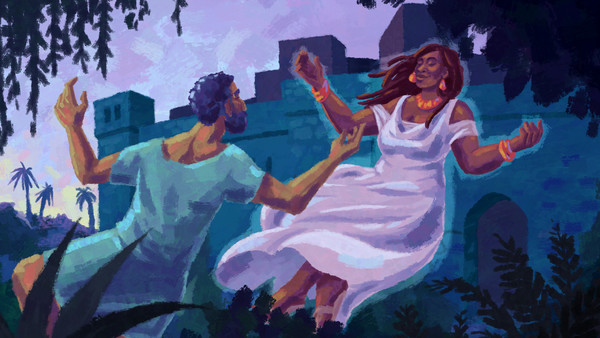
5:28

The wisest king of Israel, King Solomon, is associated with three books of the Bible: Proverbs, Ecclesiastes, and the Song of Songs. Each book offers a unique perspective on how humans can rule with wisdom and the fear of the Lord. In this video, we briefly explore how the message of each book fits into the overall story of the Bible.
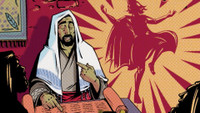
Episode 15

Episode 1
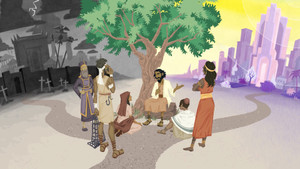
Episode 2
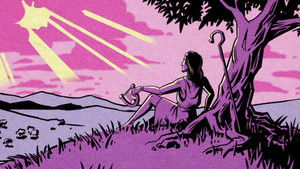
Episode 3
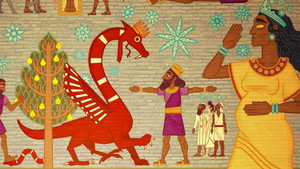
Episode 4
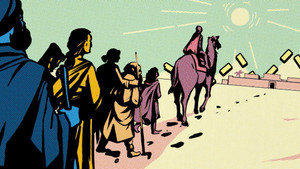
Episode 5
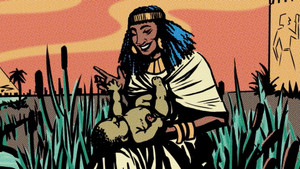
Episode 6
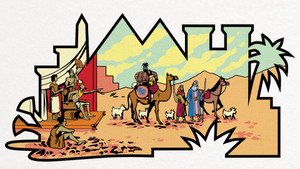
Episode 7
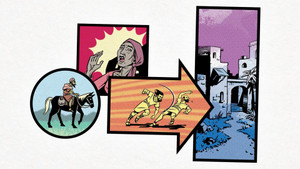
Episode 8
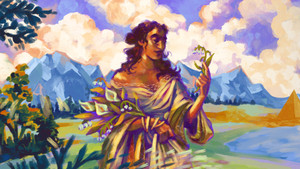
Episode 9
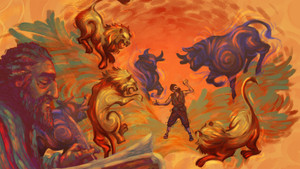
Episode 10
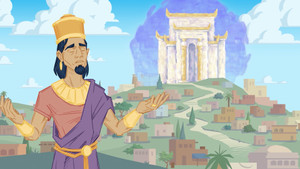
Episode 11
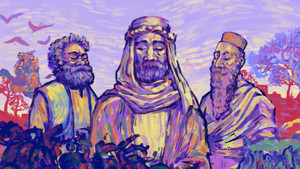
Episode 12
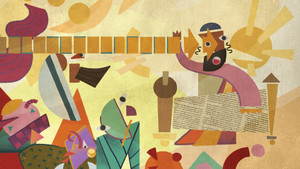
Episode 13

Episode 14

Episode 15
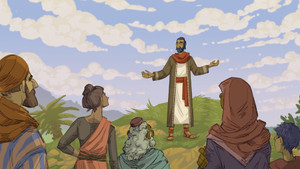
Episode 16

Episode 17
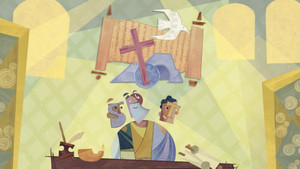
Episode 18
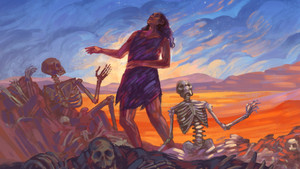
Episode 19